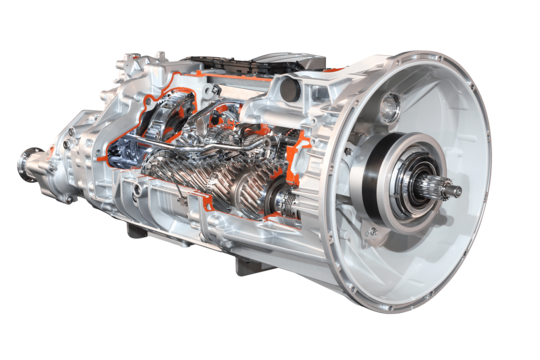
Transmission
USED TRANSMISSION
- Compatibility:
- Ensure the transmission you select is designed for your vehicle's specific make, model, and
year.
It must align with the required specifications, such as the number of gears,
transmission type
(automatic or manual), and drive configuration (front-wheel drive,
rear-wheel drive, or all-wheel drive).
- Mileage:
- Request the mileage details of the used transmission from the seller. Ideally, opt for one
with lower mileage, as this often translates to better performance and a longer operational
lifespan.
- Condition:
- Confirm that the used transmission is in good working condition, free from major mechanical
faults
or damages. A thorough inspection is recommended to ensure all components—such as
gears, clutches,
and valves—are functioning correctly.
- Accessory Compatibility:
- Ensure the transmission is compatible with the vehicle’s existing components, including the
engine,
drivetrain, and electrical systems.
- Warranty:
- Warranty terms for used transmissions vary by seller or supplier. Inquire about any available
warranty
coverage or guarantees to protect your purchase.
- Pricing:
- The price of the used transmission should reflect its condition, mileage, and market value.
Compare prices from multiple sellers to ensure you’re getting a reasonable deal.
- Seller Reputation:
- Research the seller’s credibility by reviewing customer feedback and ratings.
A reputable
seller is more likely to provide a reliable product and good service.
- Return Policy:
- Ask about the seller’s return policy in case the transmission doesn’t meet your expectations
or if any undisclosed problems arise.
New Transmission
- Warranty:
- New transmissions typically include a warranty from the manufacturer, offering reassurance
against defects or potential issues.
- Performance:
- New transmissions are expected to deliver optimal performance and higher reliability compared to
used ones.
- Installation:
- Factor in the cost and expertise required for installation, as new transmissions often require
professional
installation to function correctly.
- Cost:
- New transmissions are generally more expensive than used options. Plan your budget accordingly,
considering the long-term benefits of investing in a new unit.
- Availability:
- Check the availability of the required transmission model, as some units may have limited stock
or longer delivery times.

